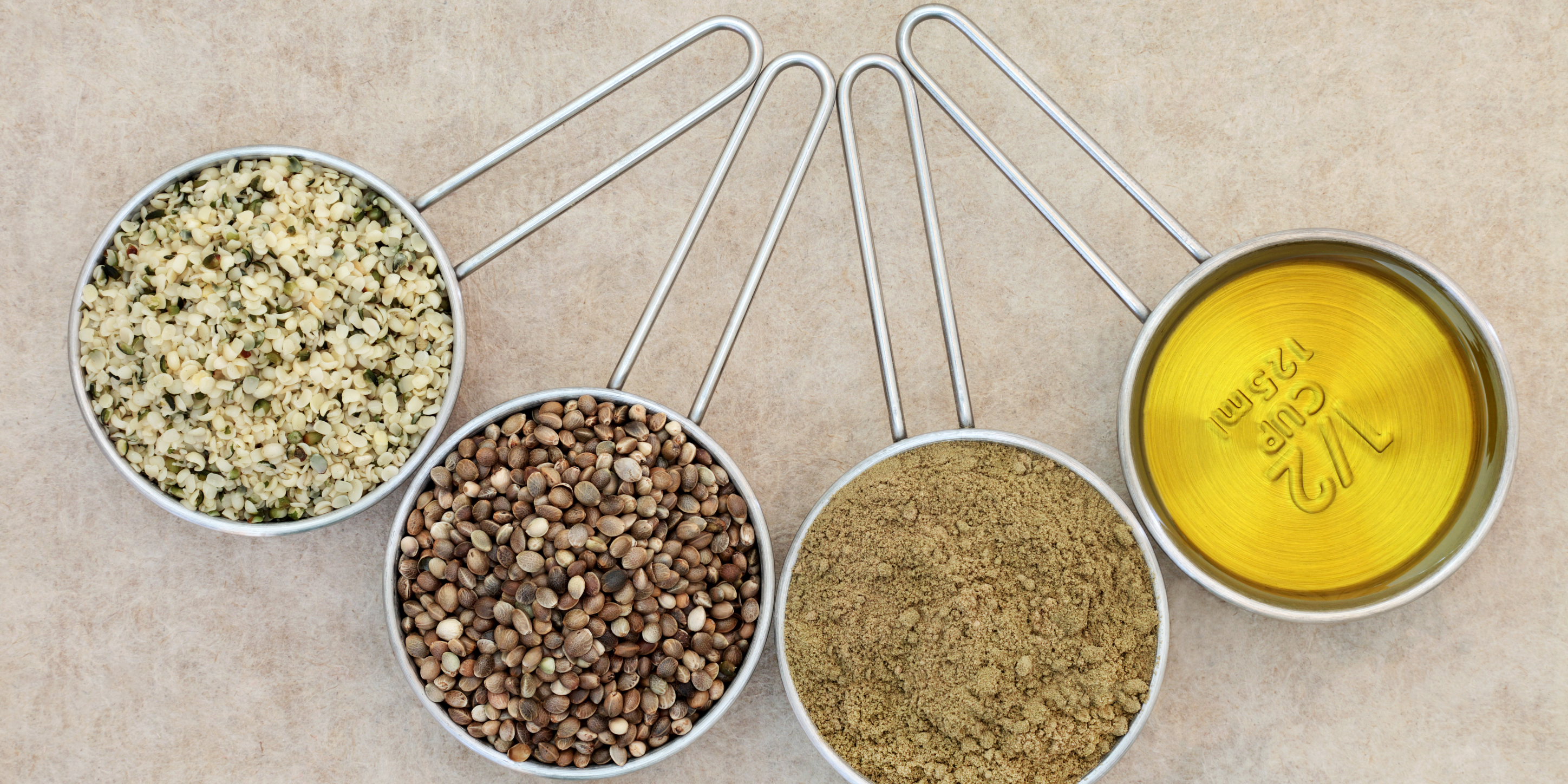The European Commission established the maximum amount of THC allowed in foods derived from hemp.
Each category of hemp products has its own amount of THC.
According to the latest amendments approved by the Standing Committee on Plants, Animals, Food and Feed of the European Commission, the maximum quantity of delta-9-THC for oil derived from hemp seeds has been established at 7.5 mg per kilogram of product. Concerning dried seeds and dry hemp foods such as shelled hemp seeds, flour, and protein powder, the maximum amount of THC has been set at 3.0 mg/kg.
According to Hemp Today, the quantities established are lower than the limits of other countries and what had initially been requested by the European hemp producers.

The European Industrial Hemp Association had asked for an increase of the quantity of THC for all hemp-based foods to 10 mg per kilogram, like the one applied in Canada for hemp growers. Other countries such as Australia and New Zealand also have a higher amount than the one set in Europe, with a limit of 10 mg/kg for oils and a limit of 5 mg/kg for dry foods. In Switzerland, the limits for oils are 20 mg per kg and 10 mg per kg for dry foods.
What about measurement uncertainty?
The European Industrial Hemp Association (EIHA) complained in a statement that the European Commission did not include a section on “measurement uncertainty” in the regulation. According to the newspaper Cañamo, such a section would have “officially clarified that THC levels in foods can legally fluctuate and increase by up to a certain percentage due to laboratory testing and analysis deviations.”

According to Hemp Today, official testing labs must comply with laws on determining “measurement uncertainty,” which can range from 40% to 50%, and must legally include those percentages in their reports.
Although the European Commission has not officially written it into the regulations, the EIHA stated that “hemp food products must contain between 4.2 and 4.5 mg/kg for dry products and between 10.50 and 11.25 mg/kg for oil. The legislation clearly states that a product fails the requirements only if it is beyond reasonable doubt above the maximum level plus the corresponding measurement uncertainty.”
The EIHA said producers will be forced “to explain and defend measurement uncertainty continuously before the authorities.”






